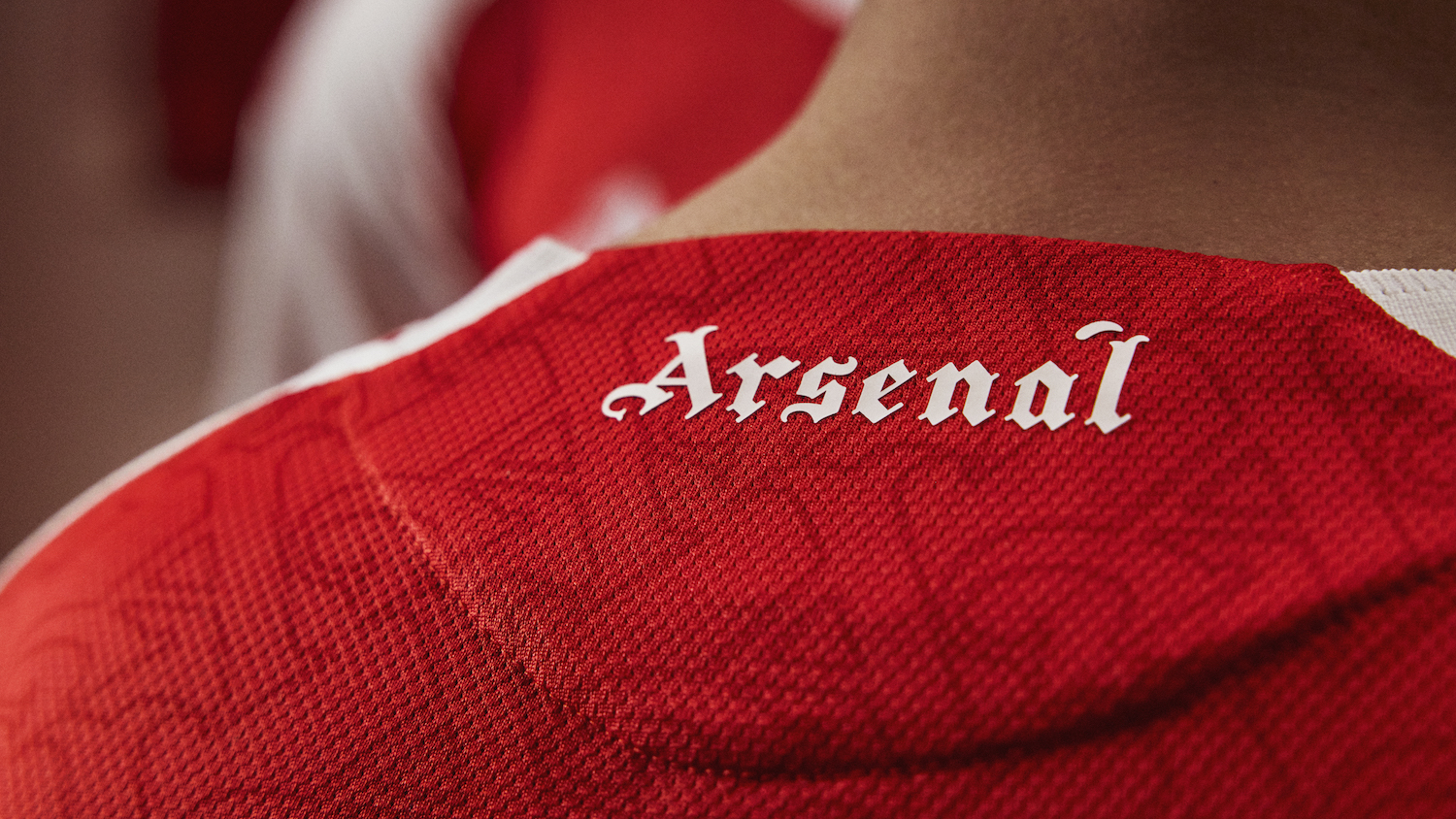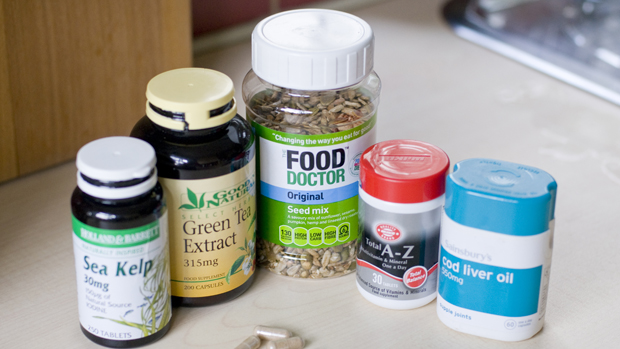
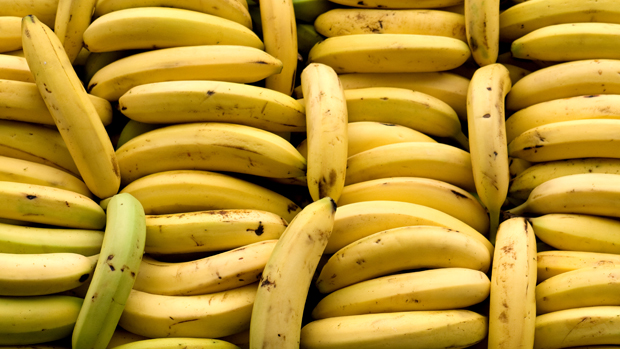
POTASSIUM
A key electrolyte, it helps to keep essential fluids running through your body and encourages muscle contraction. Run out of potassium, run out of energy.
The science: According to the International Journal of Sports Medicine, it “encourages fluid retention”, meaning it’ll give you enough fuel to chase down any player.
Where to find it: Pork, tuna, bananas, apple juice.
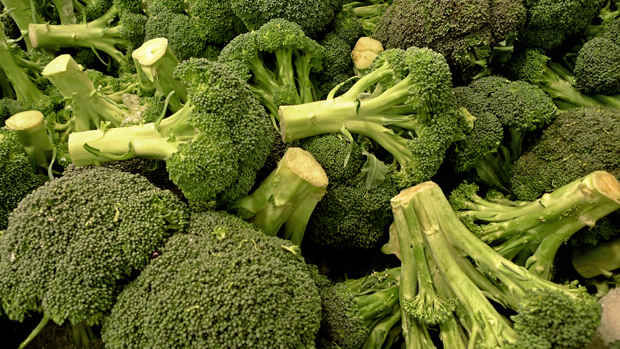
SODIUM
Another member of the electrolyte stable and the magic ingredient in your pre-match meal.
The science: A University of Tasmania study found that it “improved short-term, high-intensity performance”, especially sprinting. Sodium also helps with rehydration, says the European Food information council.
Where to find it: Bacon, broccoli, salmon, tomato juice.
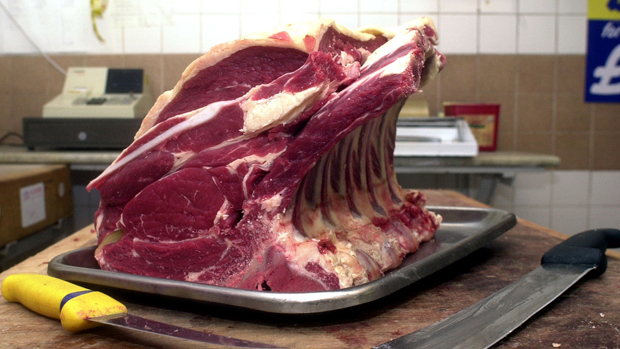
IRON
The more iron you have running through your veins, the better you breathe – giving you the energy to cover every blade of grass like a lawnmower.
The science: It’s needed for blood cells to carry oxygen through the body. “Oxygen utilisation is critical in athletic performance,” says nutrition guru Dr Mauro Di Pasquale.
Where to find it: Beef, sardines, spring greens, red wine.
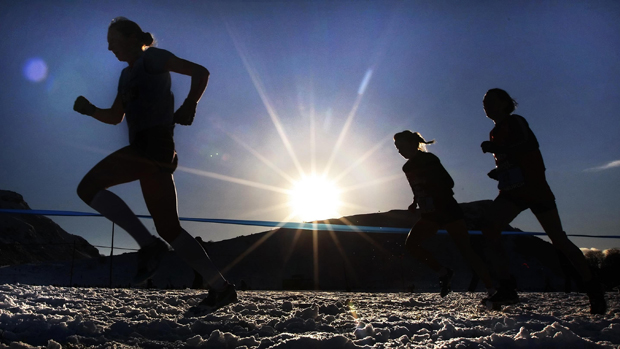
VITAMIN D
A healthy level of Vitamin D helps to build tackle-proof bones, reducing the risk of injury.
The science: A study by The University of Wyoming found that athletes “who had the lowest levels of Vitamin D tended not to jump as high”, suggesting too little of the nutrient may impair muscle power.
Where to find it: Sunlight, liver, mushrooms, milk.
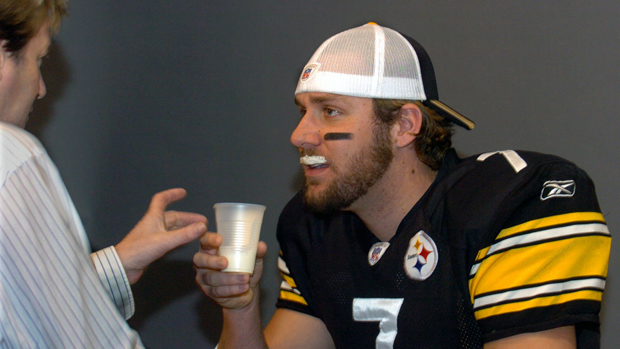
CALCIUM
Not just for building indestructible bones, calcium is an essential electrolyte.
The science: According to truestarhealth.com, it’s “required for muscle contraction”, meaning that without it you may find yourself rolling around the Sunday league combat zone with cramp akin to rigor mortis.
Where to find it: Dairy products, rhubarb, orange juice.
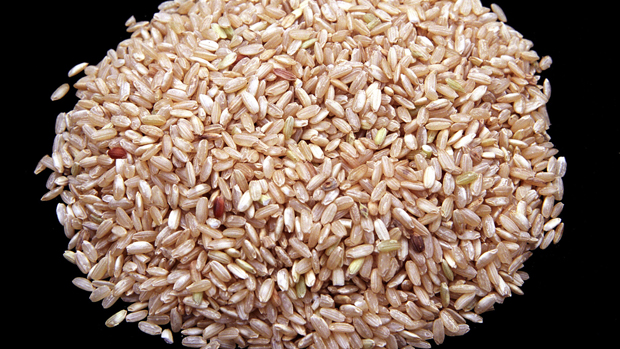
ZINC
This mineral promotes strength and helps your chicken legs motor like electric pistons.
The science: The US Department of Agriculture found that zinc helped red blood cells “pick up carbon dioxide and drop it off in the lungs to be exhaled”, allowing your muscle cells to produce more energy.
Where to find it: Beef, wholegrain cereals, brown rice. yogurt and milk.
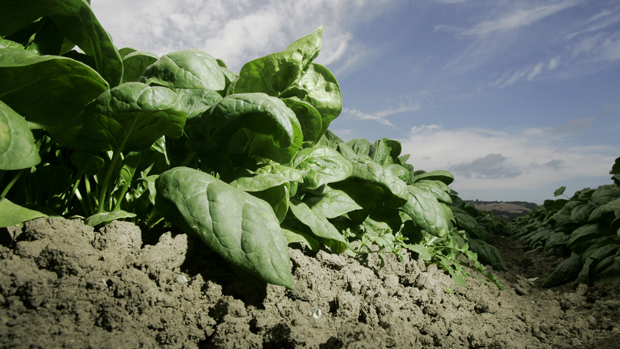
MAGNESIUM
Described as the ‘Cinderella’ of minerals by Andrew Hamilton at The American College of Sports Medicine because it is recognised but widely unappreciated.
The science: Magnesium suppresses “lactate production” (which makes your legs ache) and increases “glucose availability and metabolism in the brain during exercise”.
Where to find it: Pumpkin seeds, Brazil nuts, spinach. B-
The best features, fun and footballing quizzes, straight to your inbox every week.
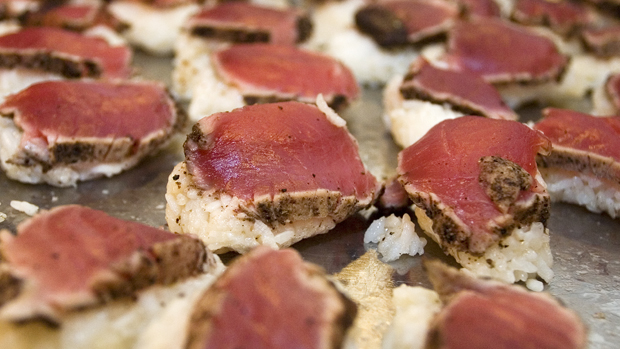
B-VITAMINS
Thiamin, riboflavin and niacin are not Norse gods, but micronutrients capable of converting proteins and carbohydrates into energy.
The science: Oregon State University found that the performance of those lacking B-vitamins was “reduced” and they are “less able to repair damaged muscles”.
Where to find it: Tuna, beef, liver, turkey.
 Join The Club
Join The Club





